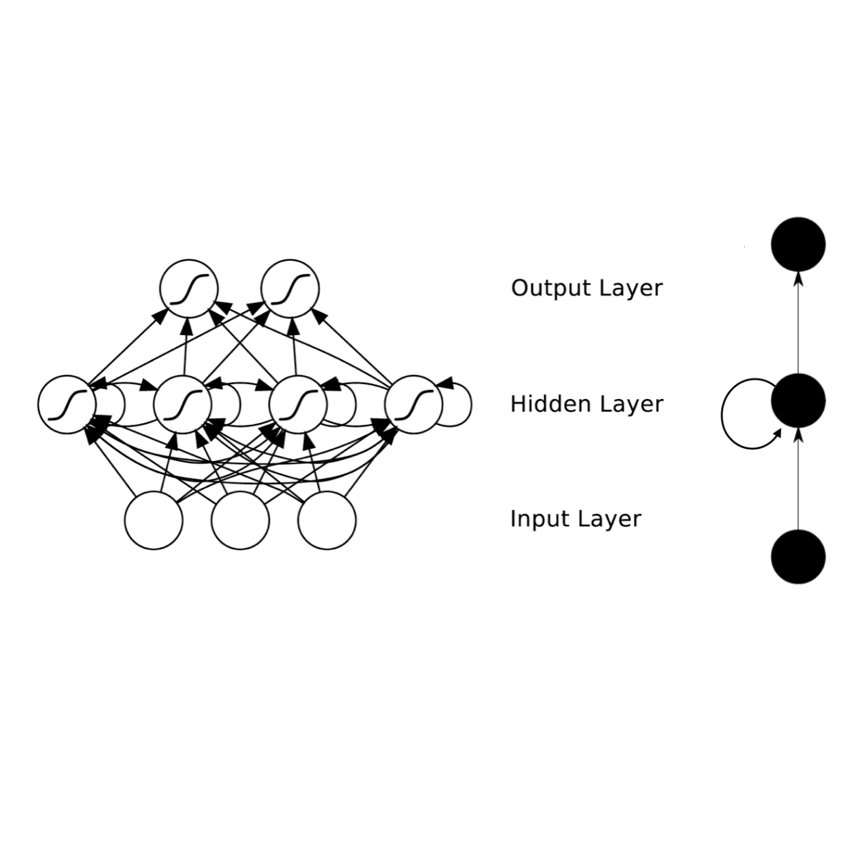Natural Language Processing (NLP) research has made great advancements in recent years with major breakthroughs that have established new benchmarks. However, these advances have mainly benefited a certain group of languages commonly referred to as resource-rich such as English and French. Majority of other languages with weaker resources are then left behind which is the case for most African languages including Wolof. In this work, we present a parallel Wolof/French corpus of 123,000 sentences on which we conducted experiments on machine translation models based on Recurrent Neural Networks (RNN) in different data configurations. We noted performance gains with the models trained on subworded data as well as those trained on the French-English language pair compared to those trained on the French-Wolof pair under the same experimental conditions.
翻译:暂无翻译




